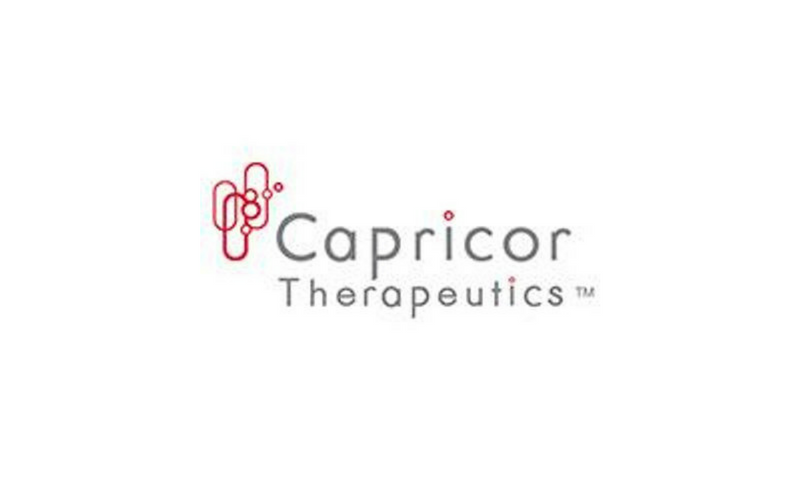Capricor Therapeutics has announced it has initiated the HOPE-2 clinical trial at UC Davis Medical Centre. The trial will test the safety and efficacy of Capricor’s novel cellular therapy, CAP-1002, in boys and young men with Duchenne muscular dystrophy, a devastating and fatal genetic disorder with limited treatment options and no cure.
Up to 84 boys and young men with Duchenne muscular dystrophy will be enrolled in HOPE-2, a Phase 2, randomised, double-blind, placebo-controlled trial that will test CAP-1002 in participants with advanced stages of Duchenne muscular dystrophy. The medical centre in Sacramento is the first site in the nation to begin enrolling and treating participants. Approximately 12-15 investigative sites are expected to participate in the trial.
“We are very pleased to begin this important clinical trial of CAP-1002,” said Craig McDonald, M.D., the national principal investigator for the HOPE-2 clinical trial and UC Davis professor and chair of its Department of Physical Medicine and Rehabilitation. “The HOPE-2 trial will study whether CAP-1002 can maintain or improve cardiac and skeletal muscle function. Because many of the participants are non-ambulatory, the study will focus primarily on the impact on arm mobility.”
Linda Marbán, Ph.D., Capricor president and chief executive officer, said CAP-1002 is one of the very few clinical initiatives to focus on helping boys and young men whose ability to walk has been seriously impaired by the loss of muscle function that occurs as Duchenne muscular dystrophy progresses.
“We are thrilled to begin enrolling participants in HOPE-2 because we have seen the potential for improvements in muscle function in both pre-clinical studies and in our earlier HOPE-Duchenne trial,” she said. “We have also been granted the RMAT and orphan disease designations by the U.S. Food and Drug Administration (FDA). These designations will enable us to work closely with the FDA in finalizing the regulatory approval pathway for CAP-1002 and to receive expedited FDA reviews. We are hopeful that HOPE-2 may potentially be a registration trial.”
Dr. Marbán said CAP-1002 could be an important tool in the toolbox to treat Duchenne muscular dystrophy.
“While gene and other therapies have the potential to restore dystrophin expression and sustain muscle function, there will still be significant inflammation and fibrosis which can offset the restorative effects…CAP-1002 may work synergistically with the emerging disease-modifying therapies to control those additional pathological aspects of Duchenne muscular dystrophy because CAP-1002’s primary mechanism of action is immunomodulatory, meaning it can help balance inflammation in this chronic inflammatory disease.”
Capricor’s previous clinical trial, the HOPE-Duchenne trial, evaluated the safety and efficacy of a single dose of CAP-1002 in boys and young men with heart disease related to Duchenne muscular dystrophy. It found CAP-1002 was generally safe, well tolerated and demonstrated significant and sustained signals of improvement in cardiac and skeletal muscle function.
Participants in the HOPE-2 trial will be randomized to receive either placebo or CAP-1002, delivered intravenously every three months for a total of four administrations. Participants will be followed for a one-year period following randomization. An open label extension is planned if trial evidence suggests an appropriate risk/benefit profile of CAP-1002. For more information, please visit www.HOPE2Trial.com.
About CAP-1002
CAP-1002 consists of allogeneic cardiosphere-derived cells, or CDCs, a unique population of cells that contains cardiac progenitor cells. CAP-1002 has been shown to exert potent immunomodulatory activity and stimulate cellular regeneration. CDCs have been the subject of over 100 peer-reviewed scientific publications and have been administered to approximately 140 human subjects across several clinical trials.



 Thank You – An announcement on the Early Access to Medicines Scheme for Raxone
Thank You – An announcement on the Early Access to Medicines Scheme for Raxone
